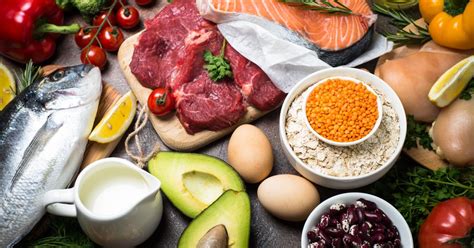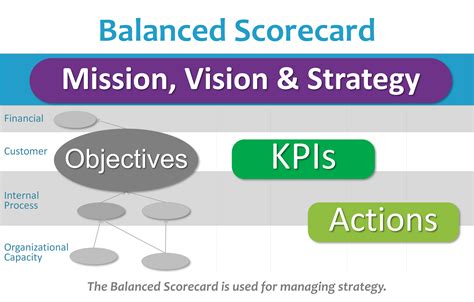Nutrition hacks for sustained energy, sharp focus & avoiding afternoon crash?

The mid-afternoon slump is a familiar foe for many, often characterized by a dip in energy, a fuzzy brain, and a yearning for a nap or a sugary pick-me-up. But what if you could hack your nutrition to maintain consistent energy, laser-sharp focus, and banish that afternoon crash for good? The good news is, you can. By making strategic dietary choices, you can optimize your body’s fuel system and keep your mind and body performing at their peak throughout the day.
Fueling for Stability: The Macronutrient Balance
Your journey to sustained energy begins with understanding macronutrients: carbohydrates, proteins, and fats. It’s not about cutting them out, but choosing the right types and balancing them effectively.
- Complex Carbohydrates: These are your slow-burning fuels. Think whole grains (oats, quinoa, brown rice), root vegetables, and legumes. They release glucose gradually into your bloodstream, providing a steady stream of energy without the dramatic spikes and crashes associated with simple sugars.
- Lean Proteins: Essential for satiety and a steady energy supply, protein helps slow down the absorption of carbohydrates, further stabilizing blood sugar. Incorporate sources like chicken, fish, eggs, tofu, lentils, and Greek yogurt into your meals.
- Healthy Fats: Far from being the enemy, healthy fats are crucial for brain function, hormone production, and sustained energy. Avocados, nuts, seeds, olive oil, and fatty fish (like salmon) are excellent choices. They contribute to feeling full and satisfied, preventing energy-sapping cravings.

The Glycemic Index Game: Keeping Blood Sugar Steady
One of the biggest culprits behind energy crashes is erratic blood sugar. When you consume refined carbohydrates and sugars, your blood sugar spikes rapidly, followed by an equally rapid crash as your body overproduces insulin to manage the surge. This rollercoaster effect leaves you feeling drained and unfocused.
To avoid this, prioritize foods with a low glycemic index (GI). These are foods that cause a slower, more gradual rise in blood sugar. Focus on:
- Fiber-Rich Foods: Fiber is your ally in blood sugar management. Found in vegetables, fruits (especially with skin), whole grains, and legumes, fiber slows down digestion and glucose absorption.
- Limiting Refined Sugars and Grains: Cut back on sugary drinks, pastries, white bread, and processed snacks. These offer quick energy that quickly dissipates, leaving you in a slump.
Hydration: The Unsung Hero of Energy and Focus
It’s easy to overlook, but even mild dehydration can significantly impact your energy levels and cognitive function. Headaches, fatigue, and difficulty concentrating are all common signs of not drinking enough water.
Make hydration a priority throughout your day:
- Start your day with a glass of water.
- Keep a water bottle handy and sip regularly.
- Infuse water with fruits like lemon, cucumber, or berries for added flavor.
- Remember that coffee and sugary drinks are not effective substitutes for plain water.

Strategic Snacking and Meal Timing
Eating small, balanced meals and snacks throughout the day can help keep your metabolism humming and blood sugar stable, preventing those drastic energy dips. Avoid going too long between meals.
- Don’t Skip Breakfast: A balanced breakfast sets the tone for your day, providing essential fuel after your overnight fast.
- Smart Snacking: If you need a snack between meals, choose wisely. Combine protein, healthy fats, or fiber. Examples include an apple with almond butter, Greek yogurt with berries, a handful of nuts, or vegetable sticks with hummus.
- Avoid Overeating: Large, heavy meals, especially those high in simple carbs and unhealthy fats, can divert energy to digestion, leading to post-meal sluggishness.

Micronutrient Powerhouses and Smart Caffeine Use
Beyond macronutrients, certain vitamins and minerals play a vital role in energy production and cognitive function.
- B Vitamins: Crucial for converting food into energy. Found in whole grains, leafy greens, eggs, and lean meats.
- Magnesium: Involved in over 300 bodily functions, including energy production and nerve function. Get it from nuts, seeds, leafy greens, and whole grains.
- Iron: Essential for oxygen transport in the blood. A deficiency can lead to fatigue. Red meat, lentils, spinach, and fortified cereals are good sources.
- Strategic Caffeine: While tempting to reach for coffee when energy dips, rely on it strategically. Use it to enhance focus when truly needed, rather than as a primary energy source. Avoid excessive caffeine, especially in the late afternoon, as it can disrupt sleep and lead to next-day fatigue.

Conclusion: Consistency is Key to Sustained Vitality
Transforming your energy and focus isn’t about drastic changes, but consistent, smart nutritional choices. By prioritizing complex carbohydrates, lean proteins, healthy fats, maintaining stable blood sugar, staying well-hydrated, and timing your meals effectively, you can empower your body and mind to operate at their best all day long. Experiment with these hacks, listen to your body, and observe how these simple adjustments can lead to a more energetic, focused, and crash-free existence.









